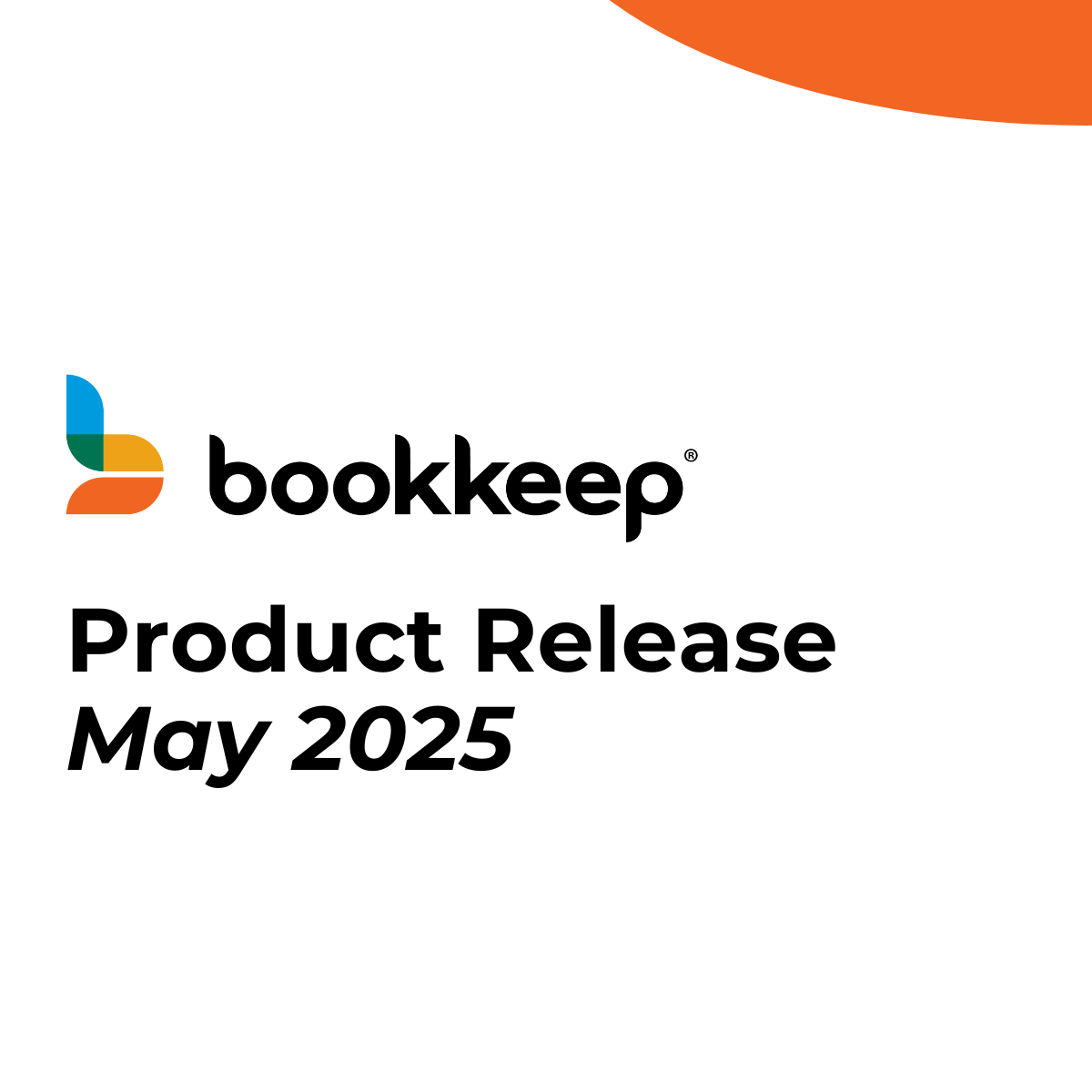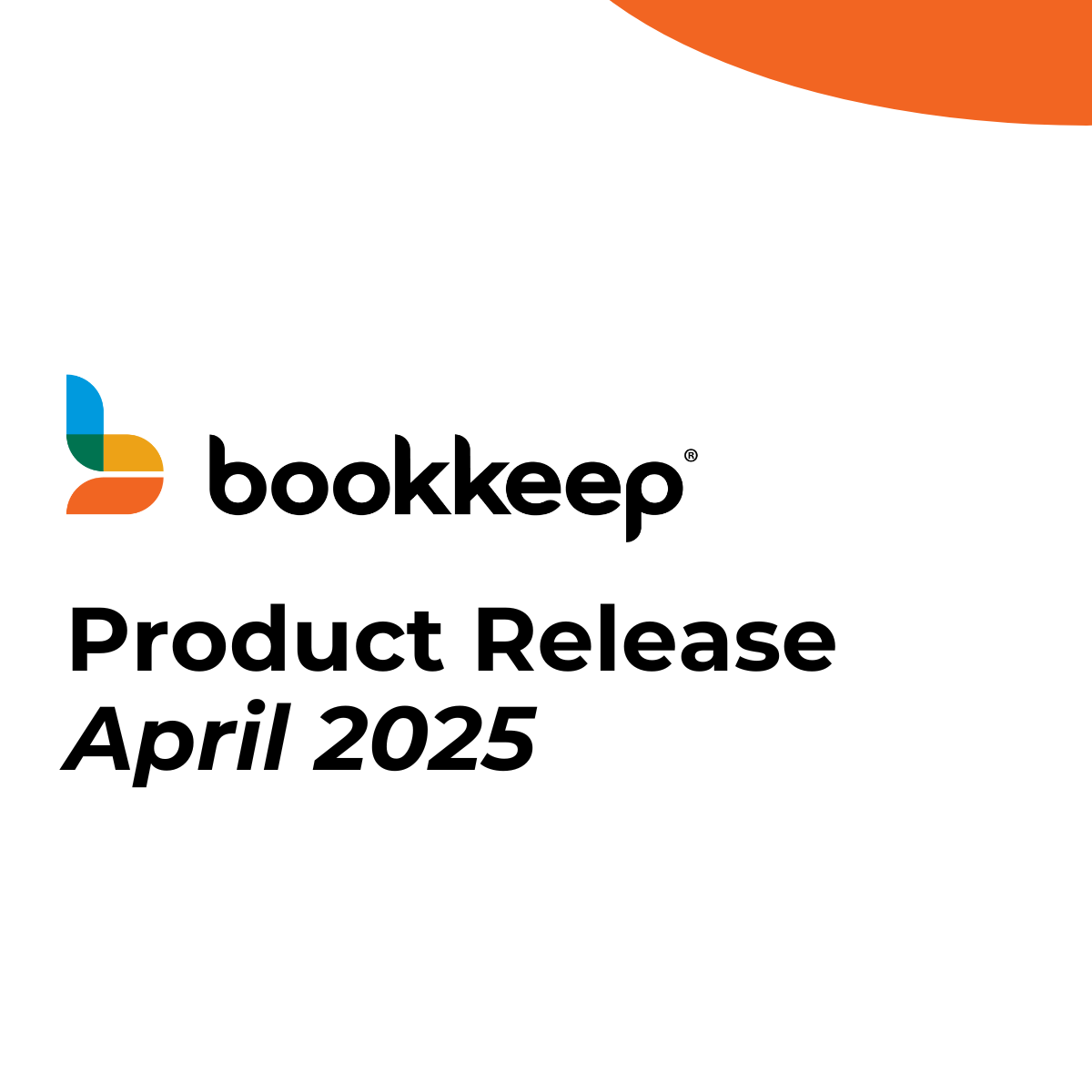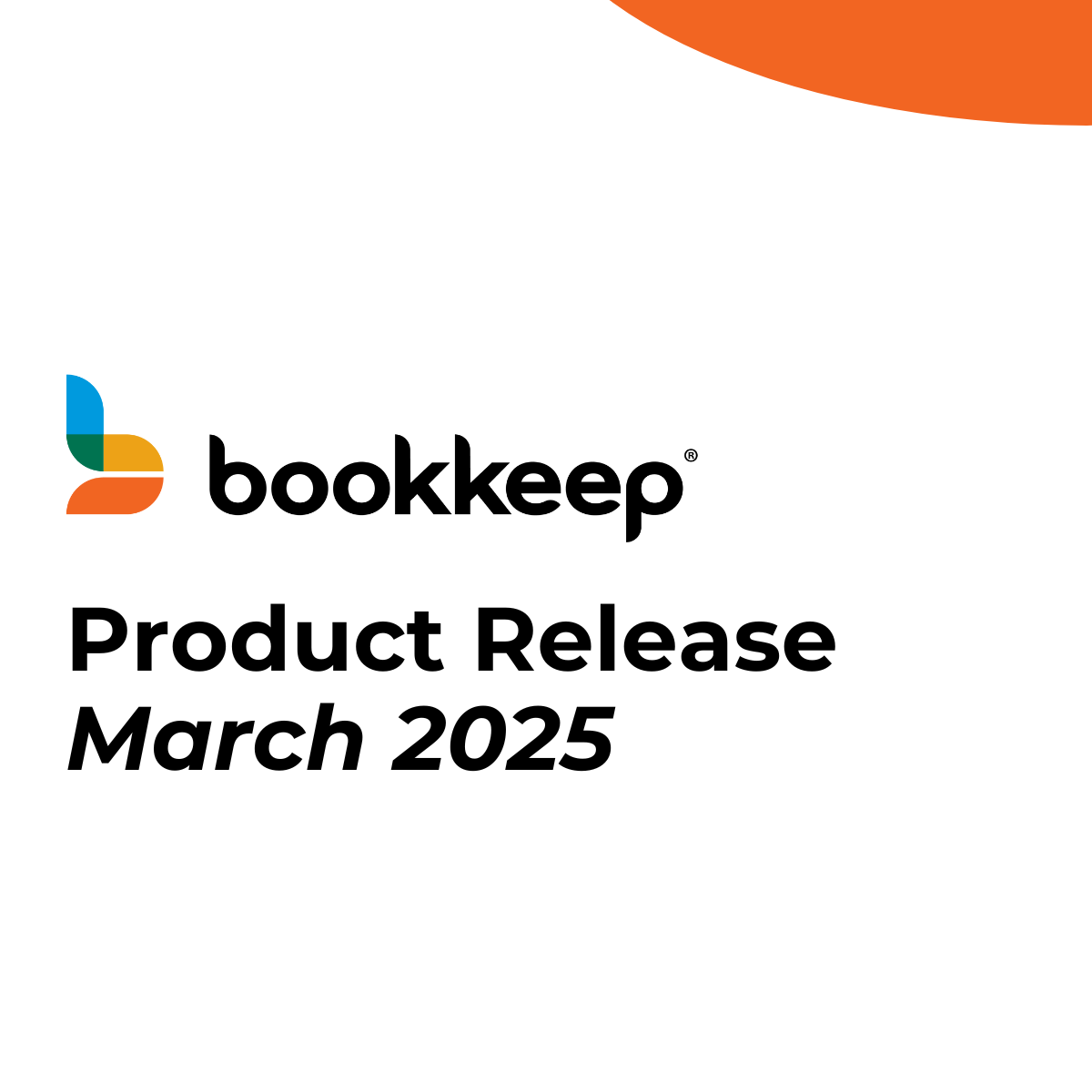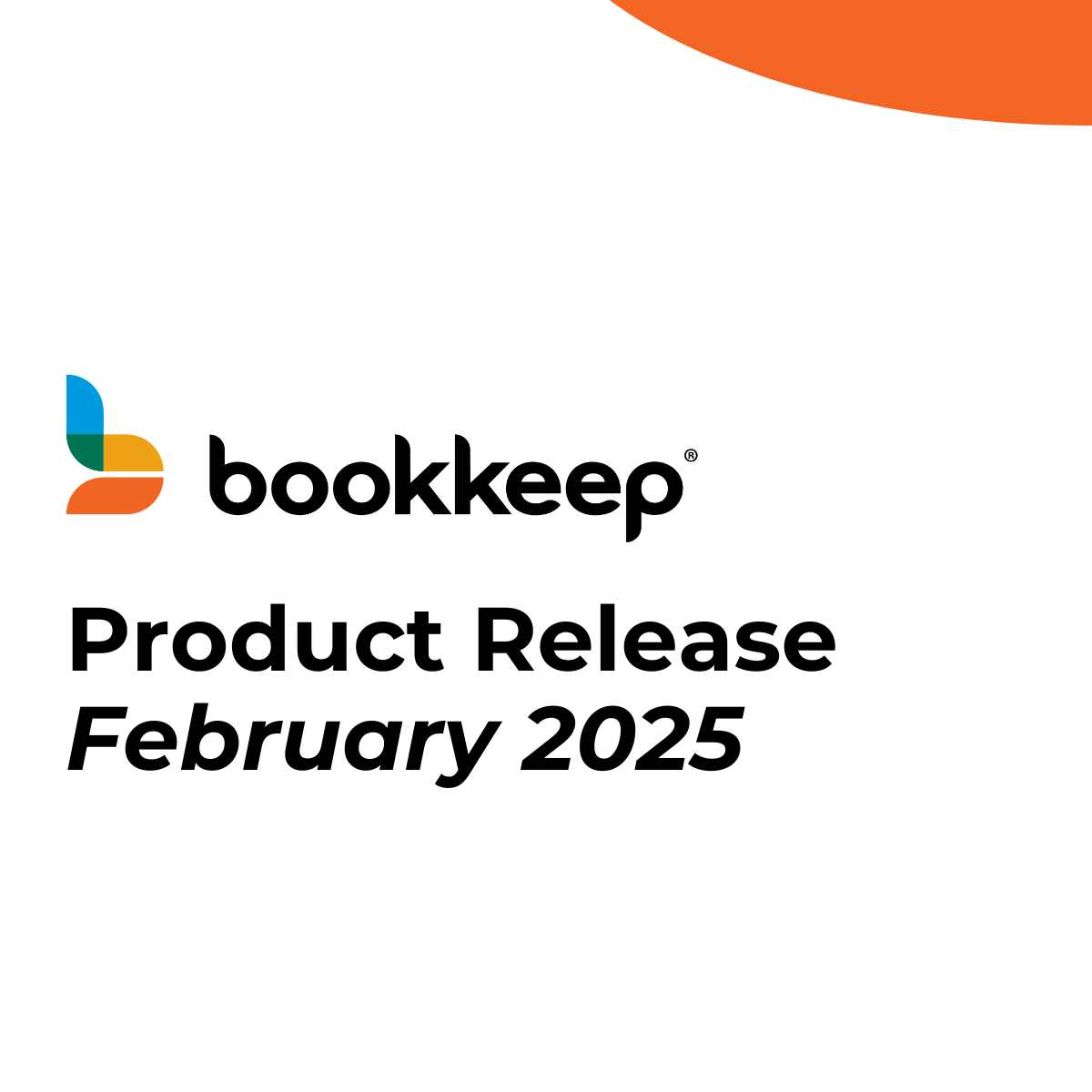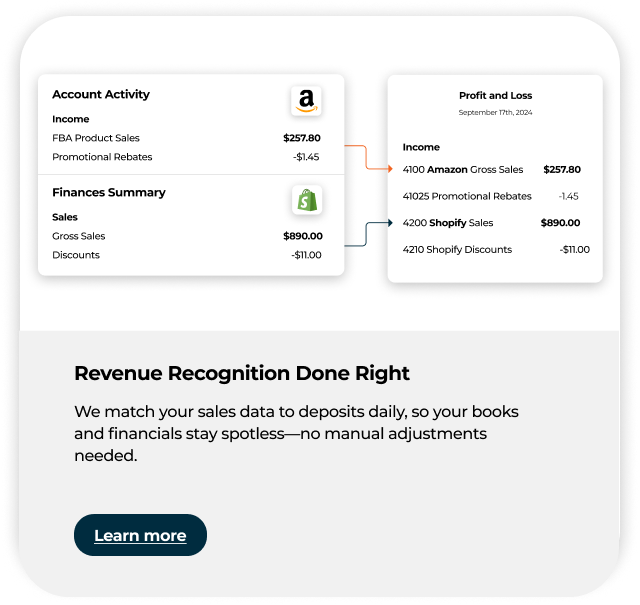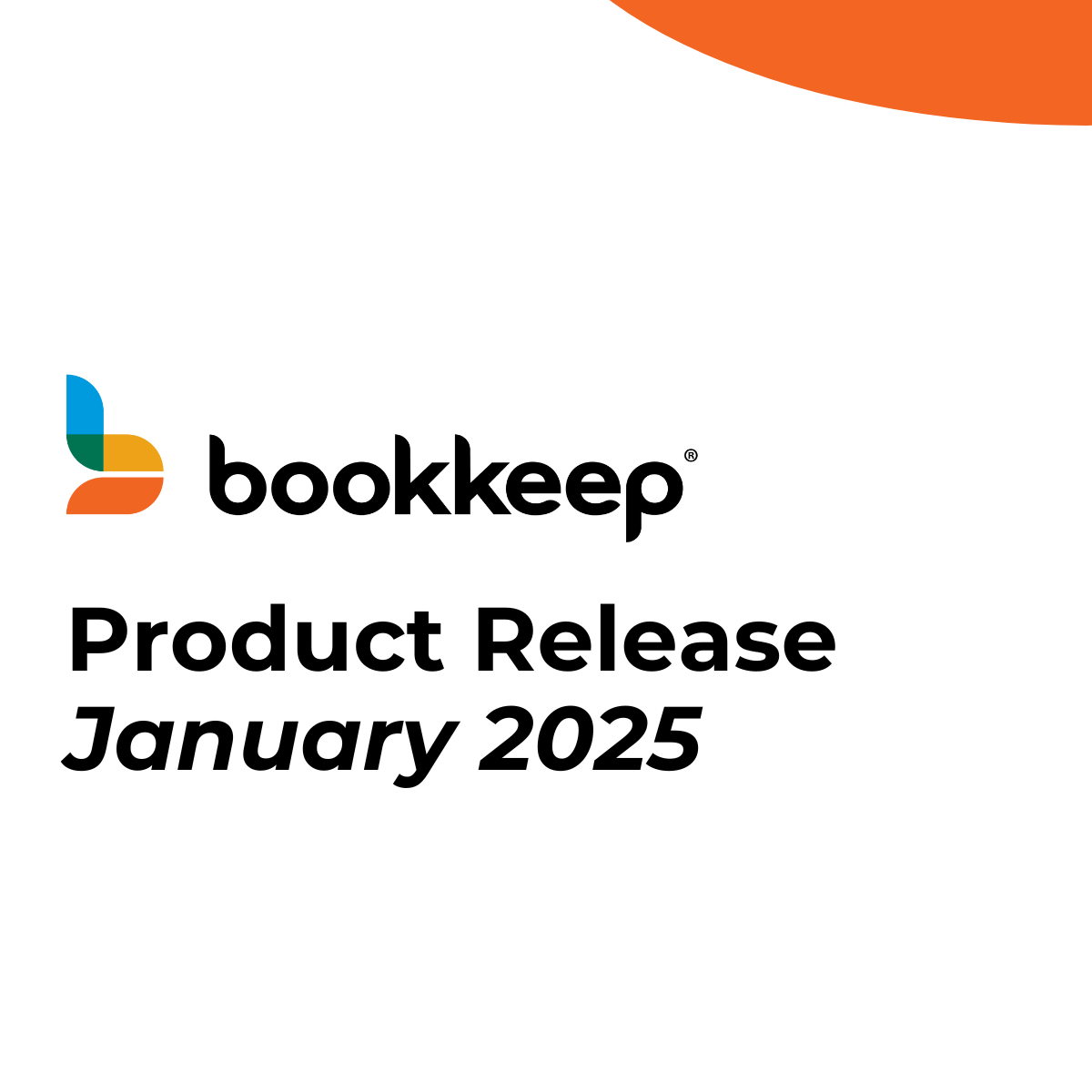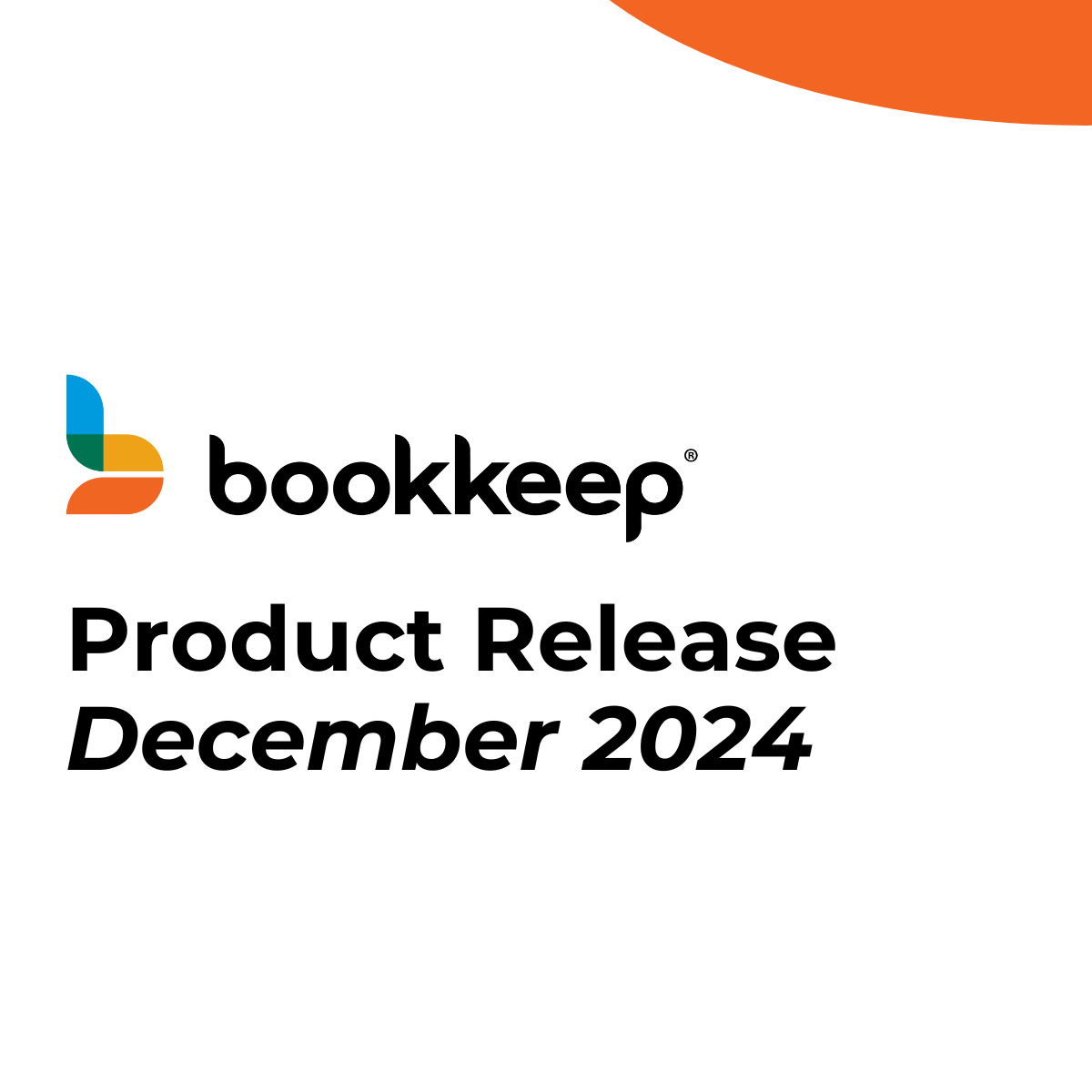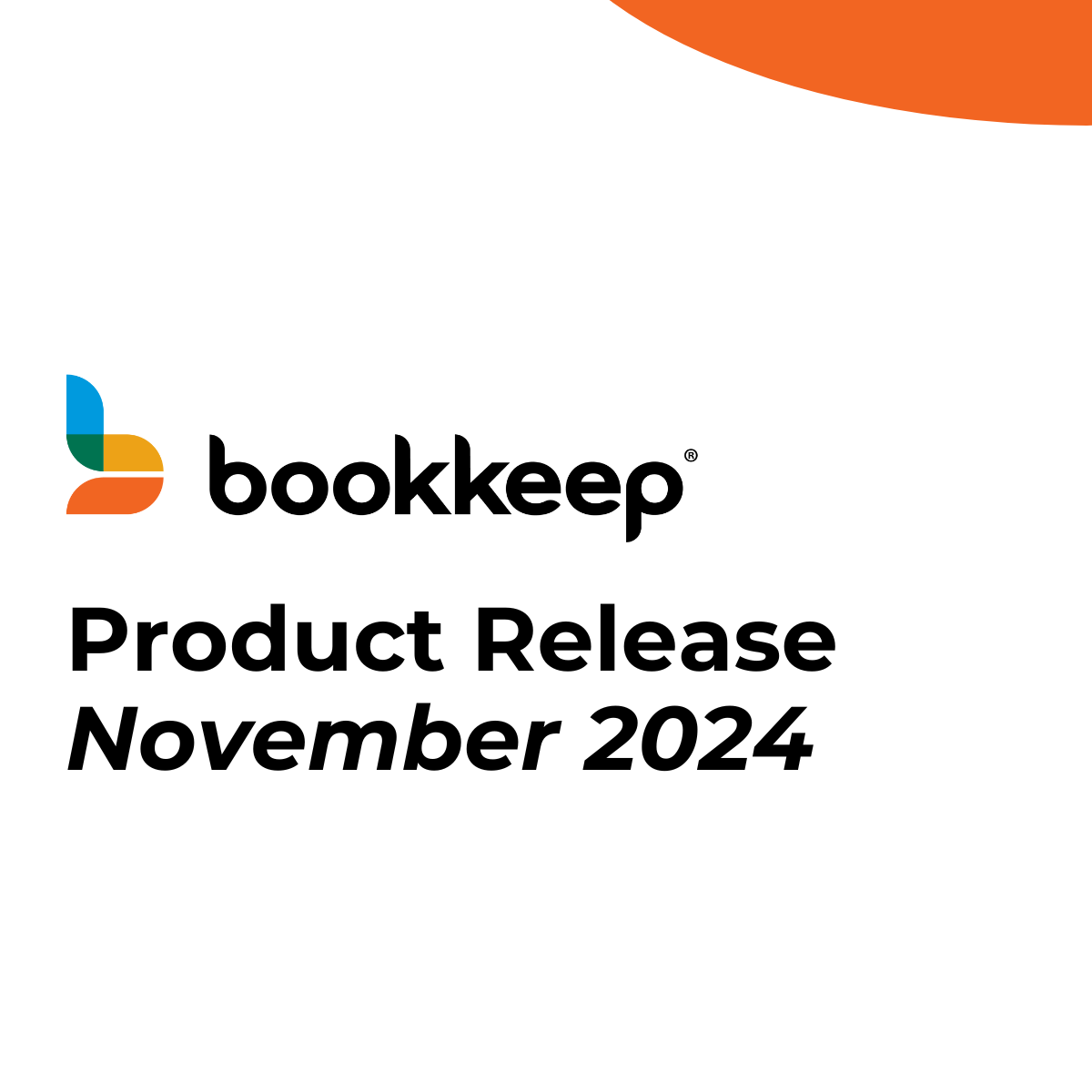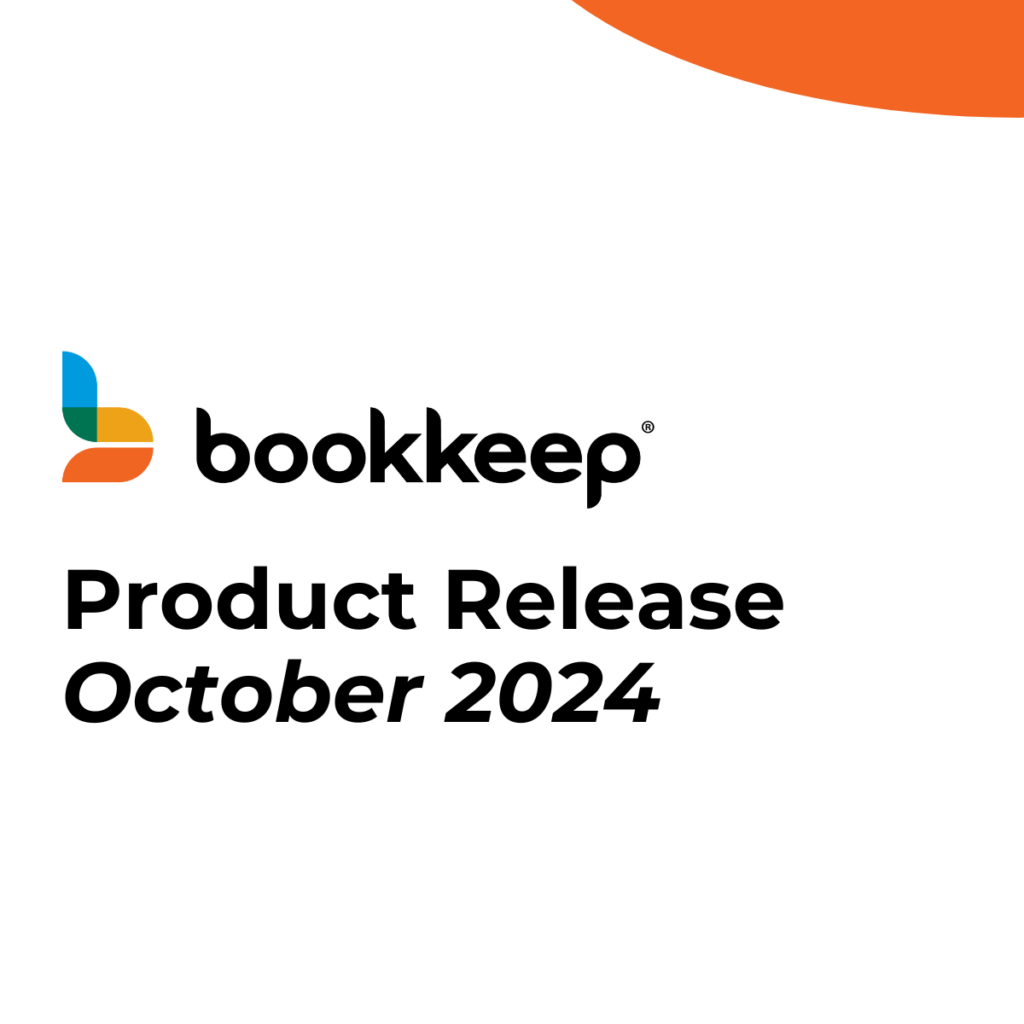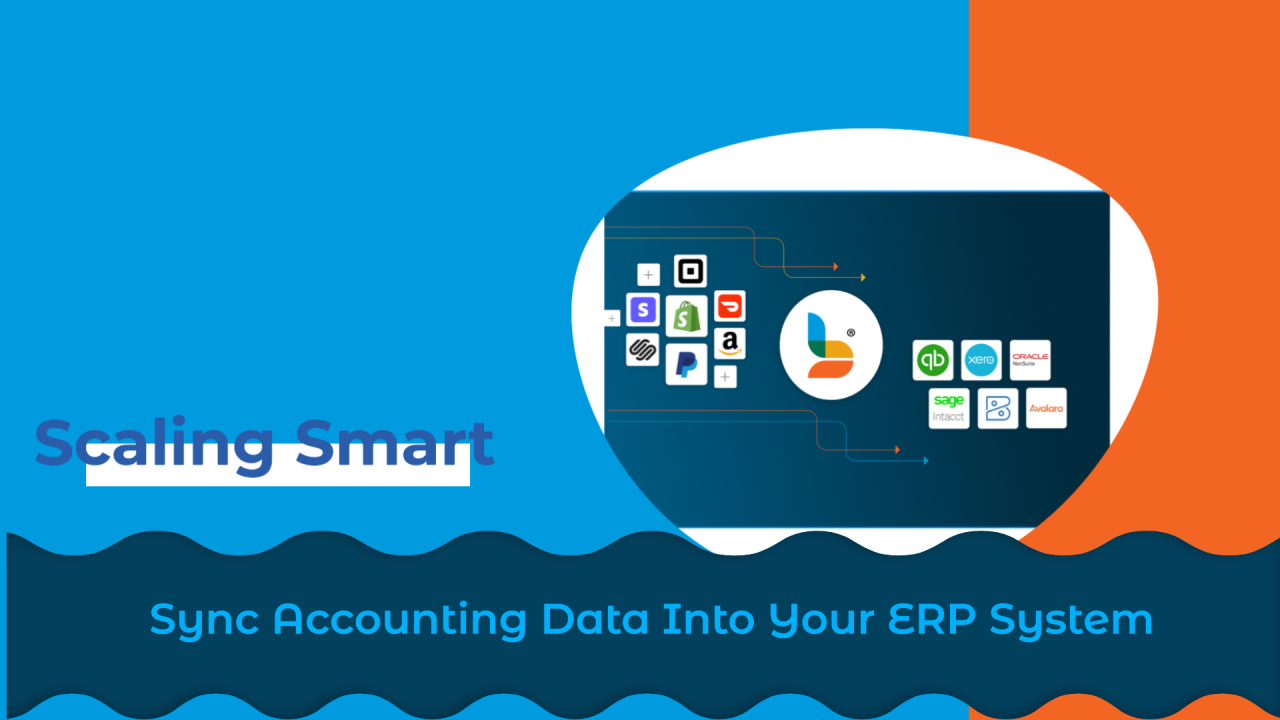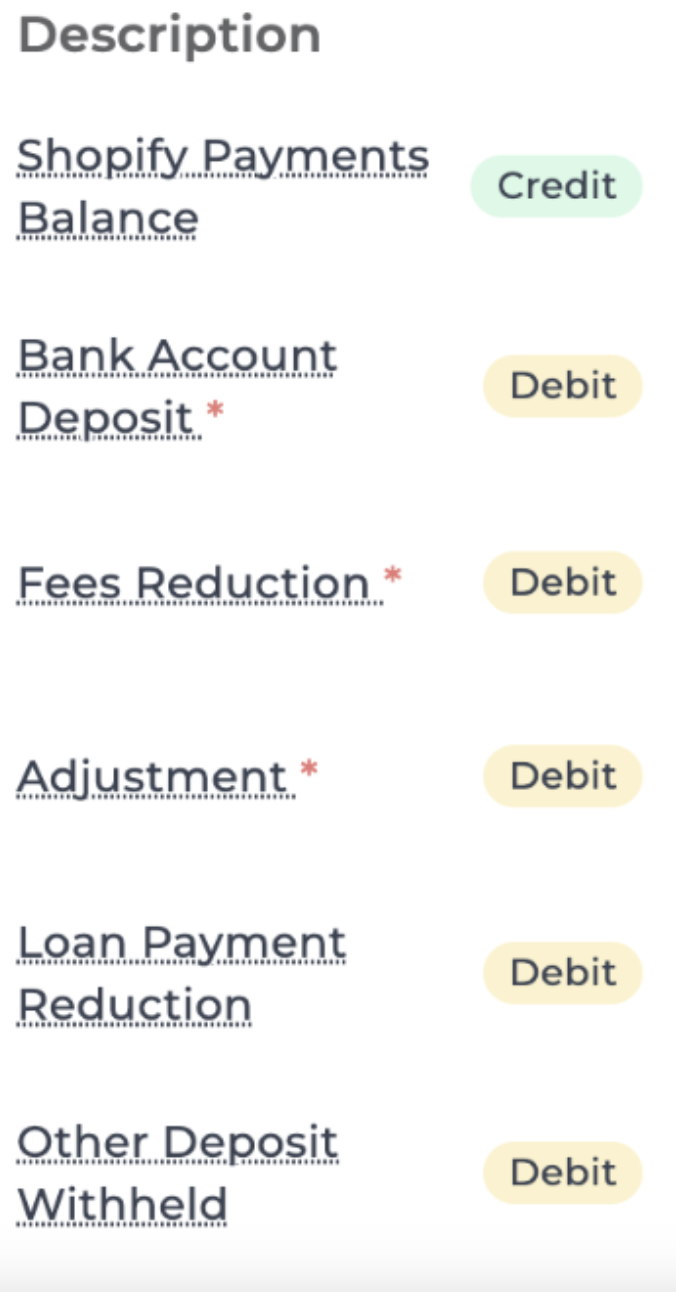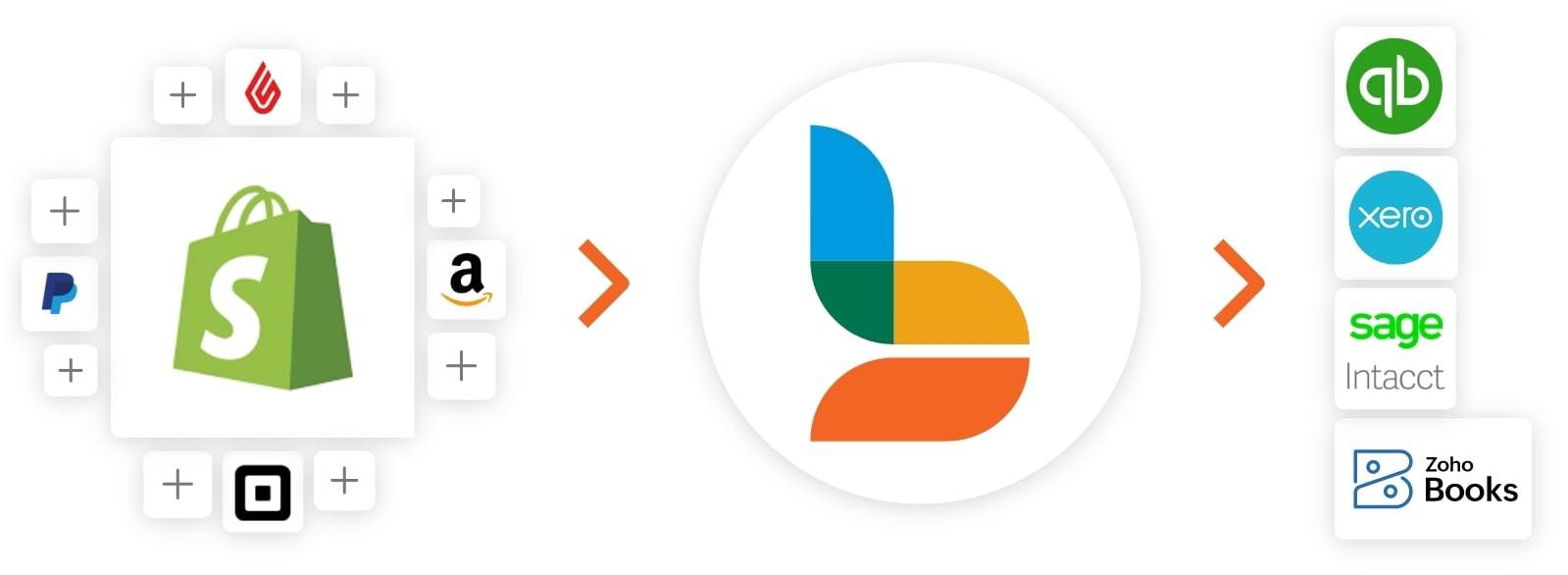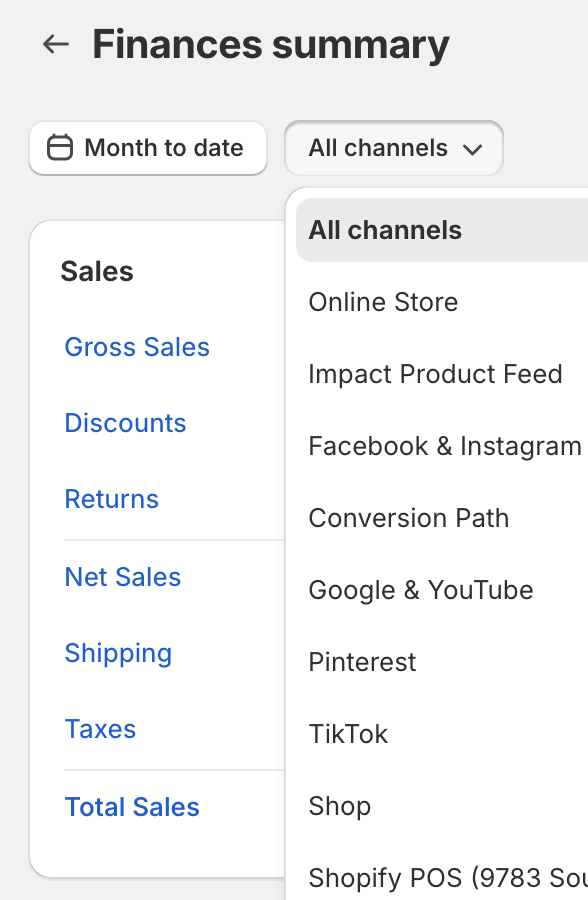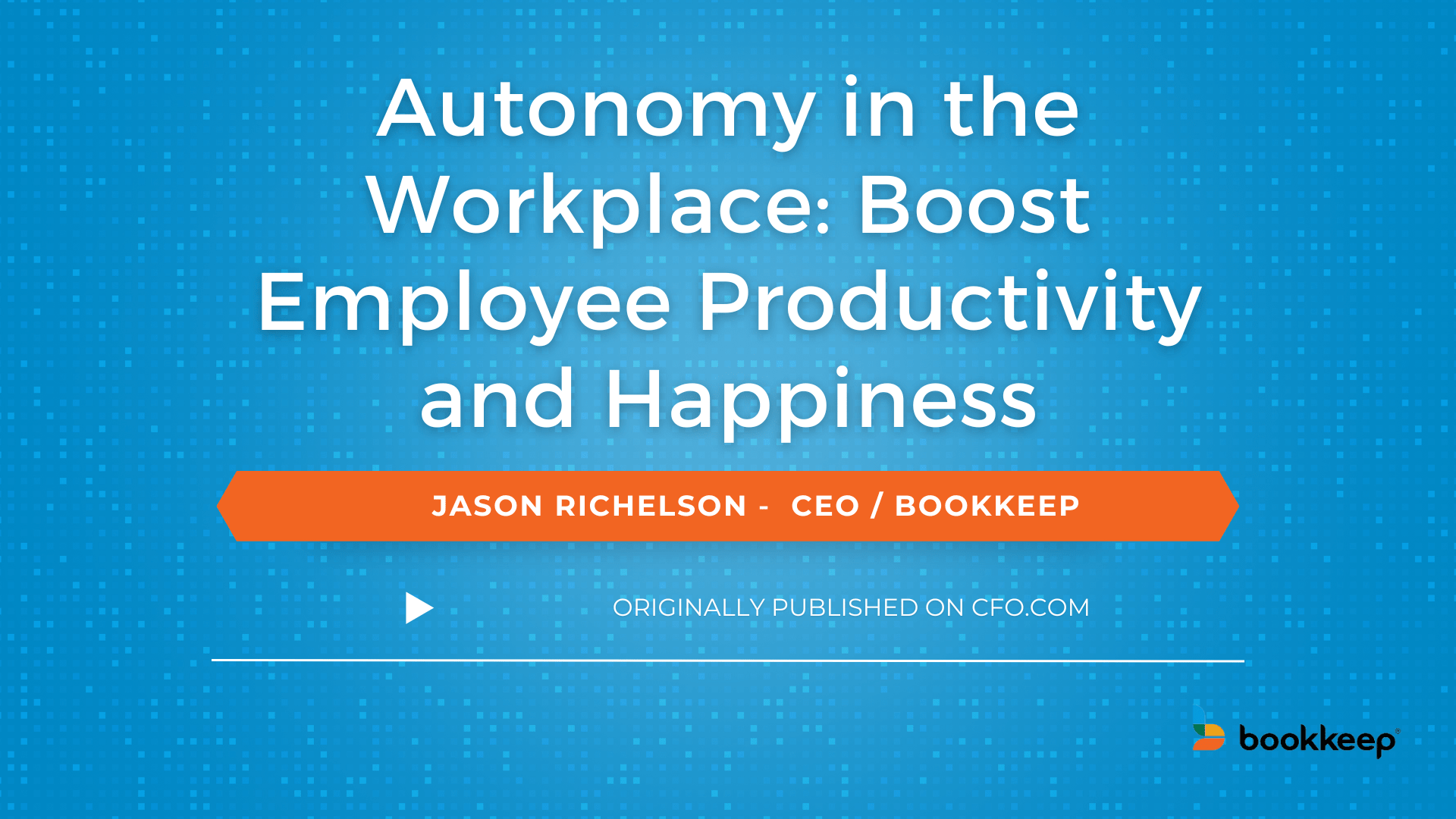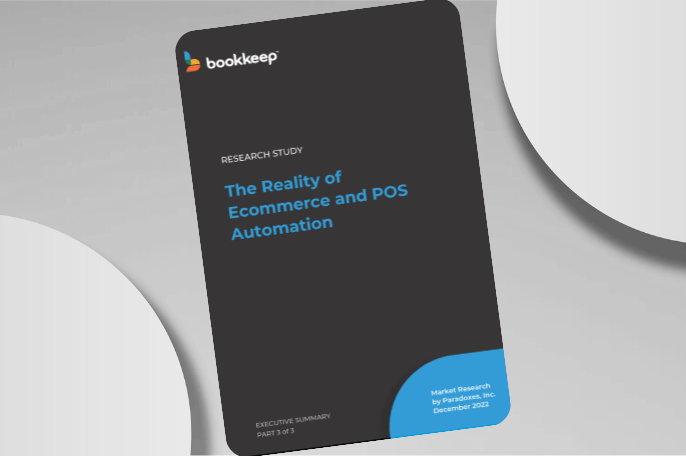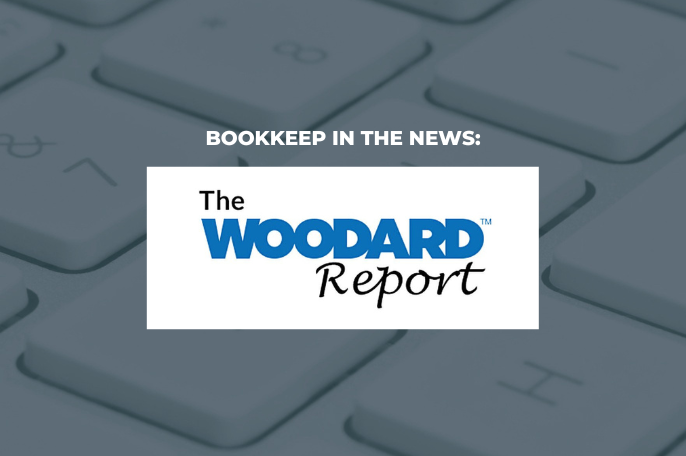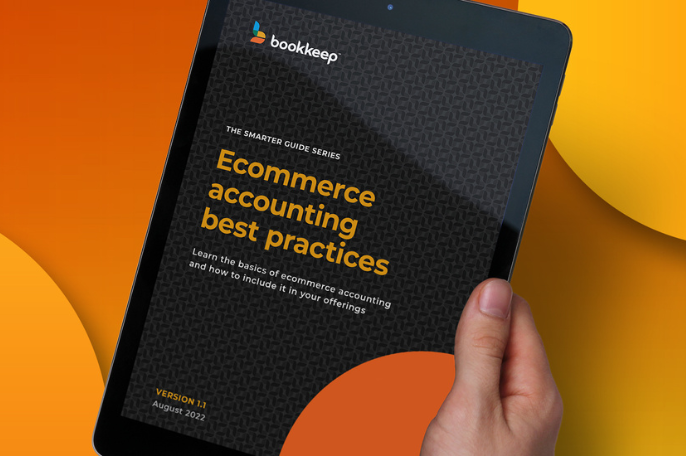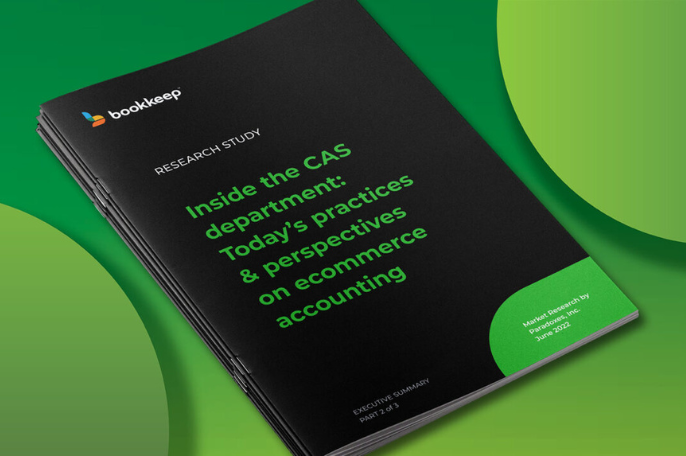Blogs
Sales-Based Reconciliation: Why It’s the Gold Standard for Ecommerce Accounting
When reconciling e-commerce transactions, there are two common approaches: Based on the payout date (when money hits your bank) Based on the sales date (when...
May 14, 2025
0
min reading time
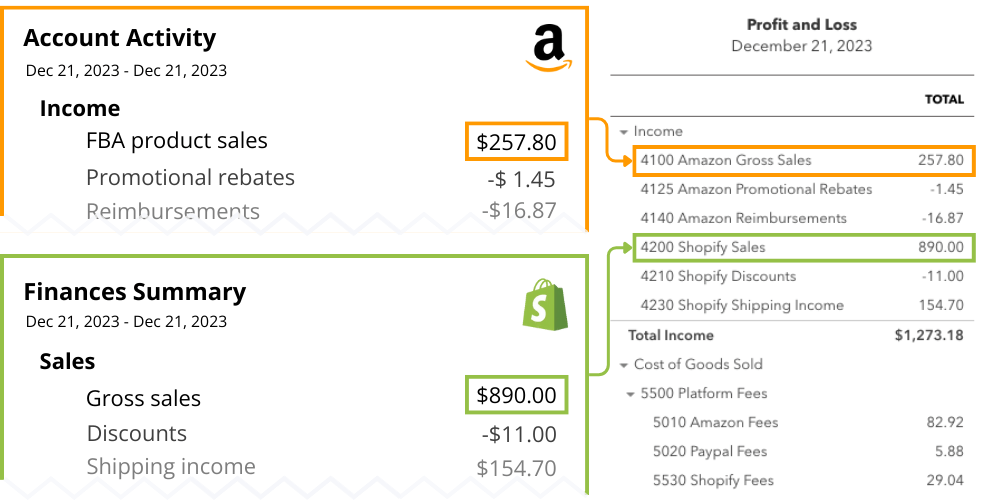

Blogs
Table of Contents
Example H2
This is a div block with a Webflow interaction that will be triggered when the heading is in the view.
When reconciling e-commerce transactions, there are two common approaches:
- Based on the payout date (when money hits your bank)
- Based on the sales date (when the sale actually occurred)
Some accounting tools take the shortcut of reconciling by payout date. But for e-commerce and retail businesses, this can distort your financials, misalign revenue and expenses, and create chaos at month-end.Here’s why sales-date-based reconciliation is the only method that ensures accurate, reliable books—and how Bookkeep does it automatically.
Why Payout-Date Reconciliation Is a Problem
Most platforms (like Amazon or Shopify) bundle multiple days of sales into one payout. If you book all those sales on the payout date, you're:❌ Misstating revenue in the wrong period❌ Delaying cost of goods sold (COGS), making margins look better or worse than they are❌ Skewing sales trends, making reporting unreliable❌ Making month-end close harder, especially when reconciling across different sales channelsIn short: reconciling by payout date breaks accrual accounting standards and can lead to serious downstream issues with forecasting, taxes, and even fundraising.
Why Sales-Date Reconciliation Is Best Practice
Recording sales and related costs on the day the sale happens gives you:✅ Accurate daily revenue✅ Properly matched expenses (like COGS, shipping, and fees)✅ Reliable margin analysis✅ Clean month-end reporting✅ True financial visibility to make smart decisionsSales-date-based reconciliation aligns your accounting with actual business activity.
How Bookkeep Gets This Right — Automatically
At Bookkeep, we record sales, fees, taxes, and refunds daily—based on the date the transactions occurred, not when payouts are received. Our platform:
- Connects directly to Shopify, Amazon, Square, and others
- Pulls detailed transaction data daily
- Posts summarized journal entries by sales date into your accounting software
- Makes reconciliation fast, accurate, and painless
So instead of wrestling with lump-sum deposits and misaligned financials, your books are always clean, clear, and audit-ready.ConclusionIf your accounting tool is reconciling based on payout date, it’s time for an upgrade. Sales-date-based reconciliation is not just cleaner—it’s essential for accurate e-commerce accounting.
➡️ Start your free trial or book a demo today and see how Bookkeep gives you daily, sales-date-accurate entries with zero hassle.
Book a Demo of Bookkeep
Learn How We Provide Financial Clarity for Shopify through Automated Accounting and Sales Tax Compliance.
Book a Demo →
%201.svg)
You may also be interested some of our other


Blogs

Blogs

July 14, 2025
Why Shopify Retailers Need Agencies to Migrate and Optimize Their Shopify POS Setup
For brick-and-mortar retailers making the leap to Shopify POS, the transition is about much more than just swapping out cash registers. It’s a strategic shif...
Read More
Operations
Strategy & Growth
Blogs

Blogs

July 8, 2025
Why Specialized Accounting Firms Are Winning Shopify and Ecommerce Clients
Shopify accounting is a category of its own. Firms that specialize—and automate with Bookkeep—are scaling faster, serving better, and standing out. As an acc...
Read More
Accounting
Strategy & Growth
Industry Insights
Blogs

Blogs
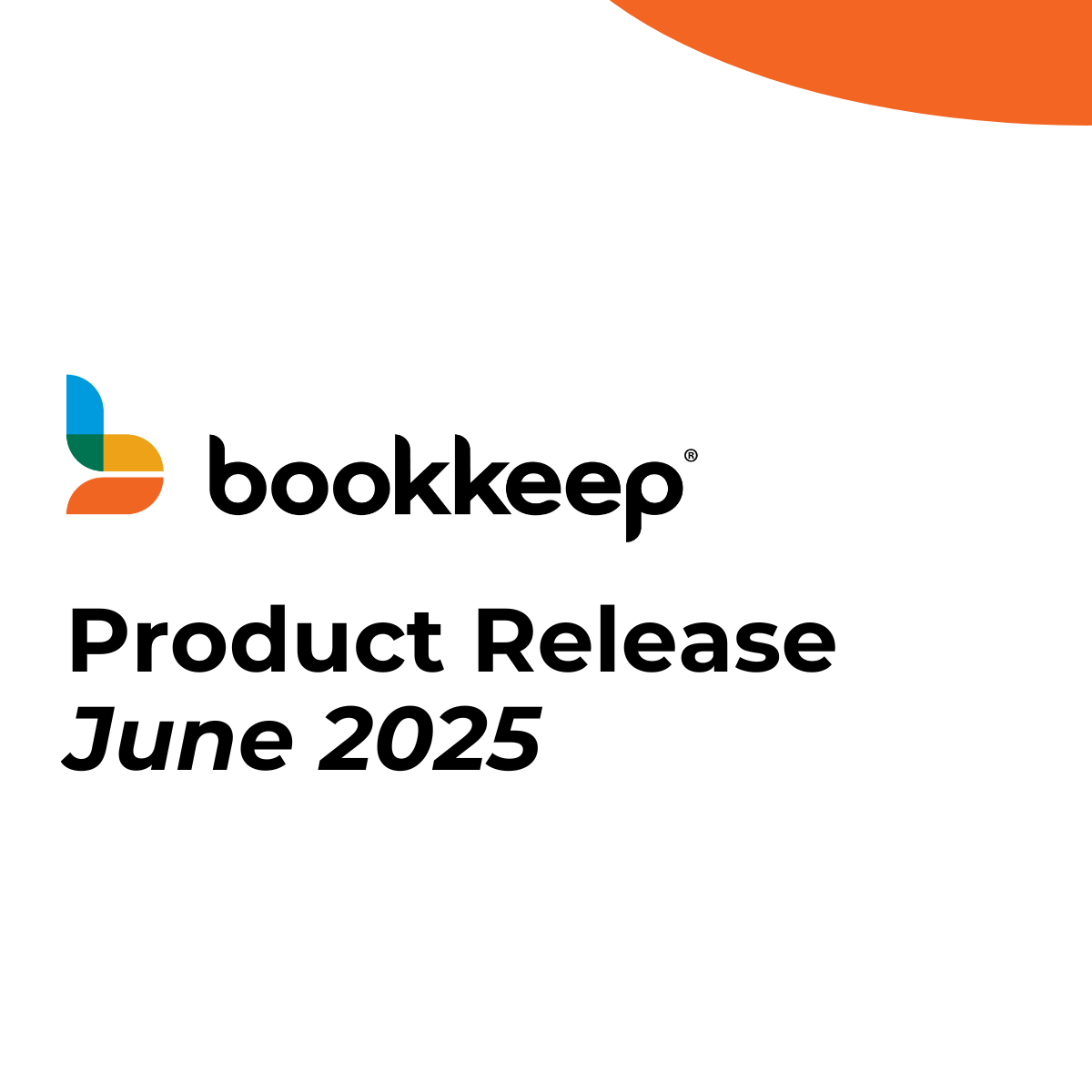
June 30, 2025
June Product Updates — Smarter Shopify Setup, Flexible Square Reporting, and Zoho Vendor Mapping
At Bookkeep, we’re constantly evolving our platform to align more closely with how ecommerce and retail merchants work. This June, we’ve delivered updates th...
Read More
Operations
Customer Success
Accounting
Blogs

Blogs
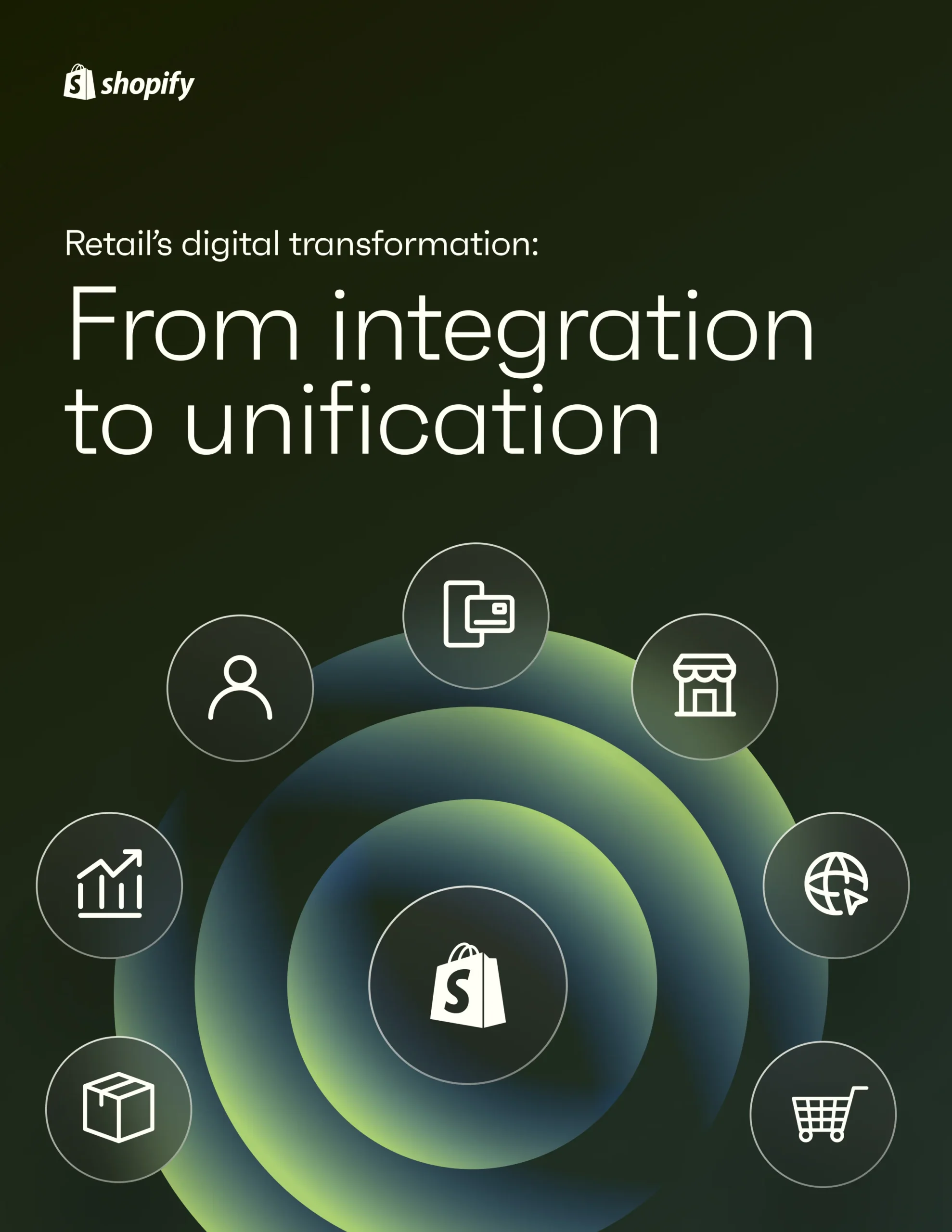
June 26, 2025
From Fragmentation to Financial Clarity: How Bookkeep Supports Shopify’s Vision for Unified Commerce
Retail is undergoing a seismic shift. As Shopify’s latest report, “Retail’s Digital Transformation: From Integration to Unification,” makes clear, the future...
Read More
Industry Insights
Strategy & Growth
Accounting
Blogs

Blogs
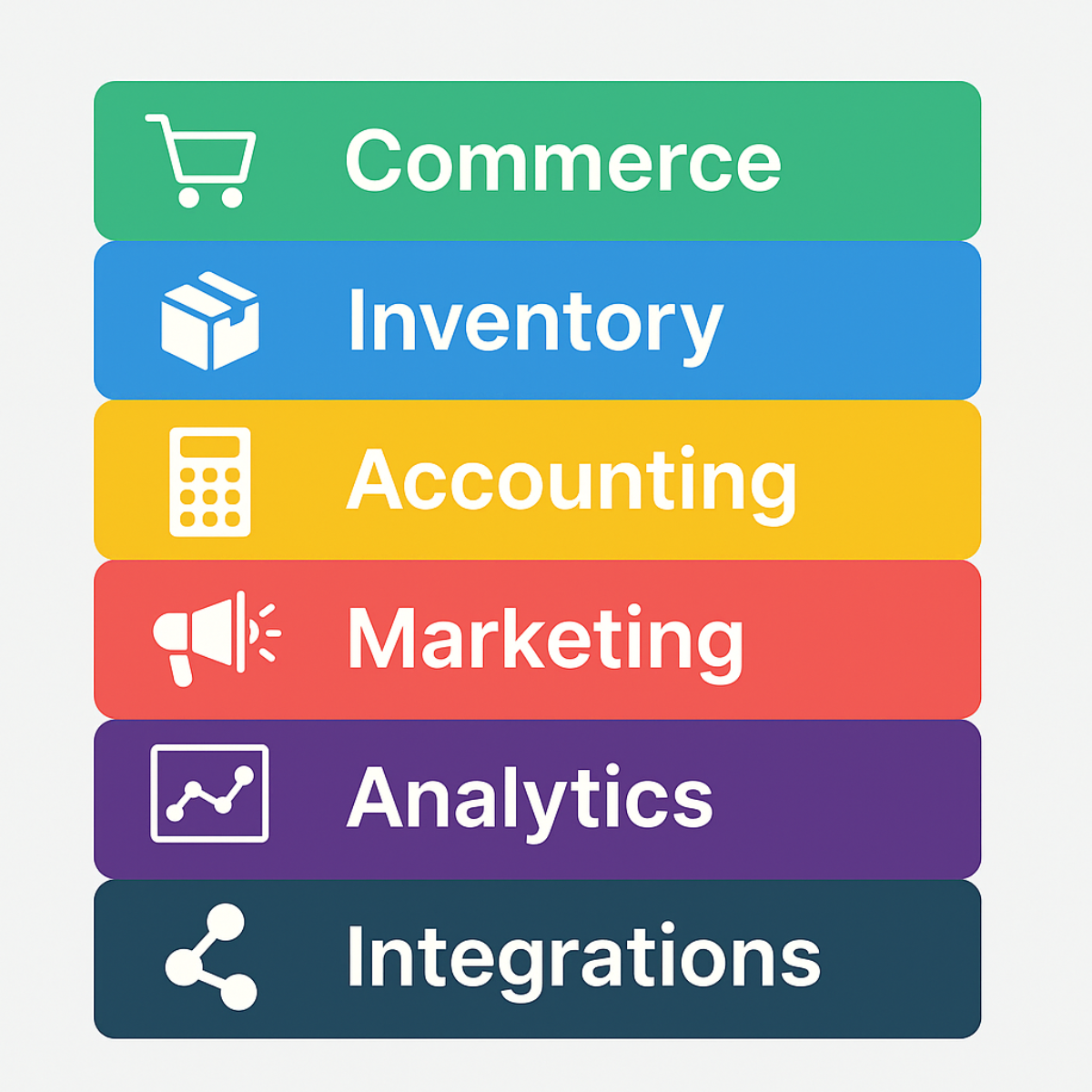
June 17, 2025
The Ultimate Shopify Agency Technology Stack: What Multi-Million Dollar Brands Really Need to Scale
As Shopify merchants grow past seven figures in revenue, their needs go far beyond a sleek storefront. They’re managing complex operations—across ecommerce, ...
Read More
Strategy & Growth
Operations
Industry Insights
Blogs

Blogs
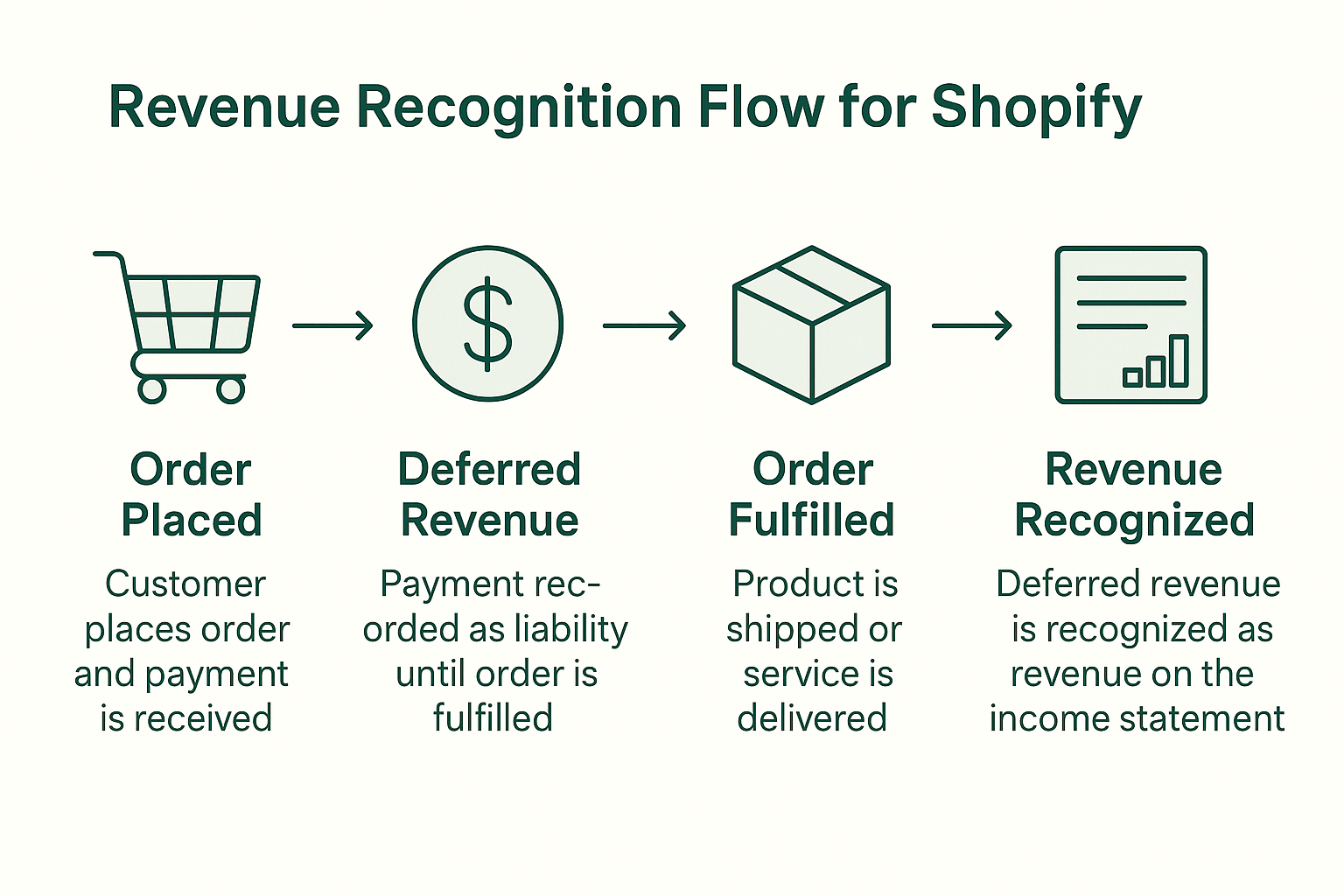
June 12, 2025
Revenue Recognition Best Practices for Shopify Brands: Stay Compliant & Confident
For fast-growing Shopify brands, understanding when and how to recognize revenue is more than an accounting technicality—it’s essential for compliance, cash ...
Read More
Accounting
Compliance & Legal
Industry Insights
Blogs

Blogs

June 5, 2025
Meet Our Trusted Shopify Agency Partners: Powering Financial Clarity for Merchants
At Bookkeep, we believe in empowering Shopify merchants with seamless, accurate accounting automation. But we know financial clarity doesn’t happen in a vacu...
Read More
Customer Success
Strategy & Growth
Blogs

Blogs

May 22, 2025
Bookkeep Recognized by Gartner with Multiple 2025 Awards for Integration Category And More
NEW YORK, NY, UNITED STATES, May 22, 2025 -- We are excited to share that Bookkeep , an accounting automation solution has been recognized with multiple awar...
Read More
Customer Success
Industry Insights
Blogs

Blogs
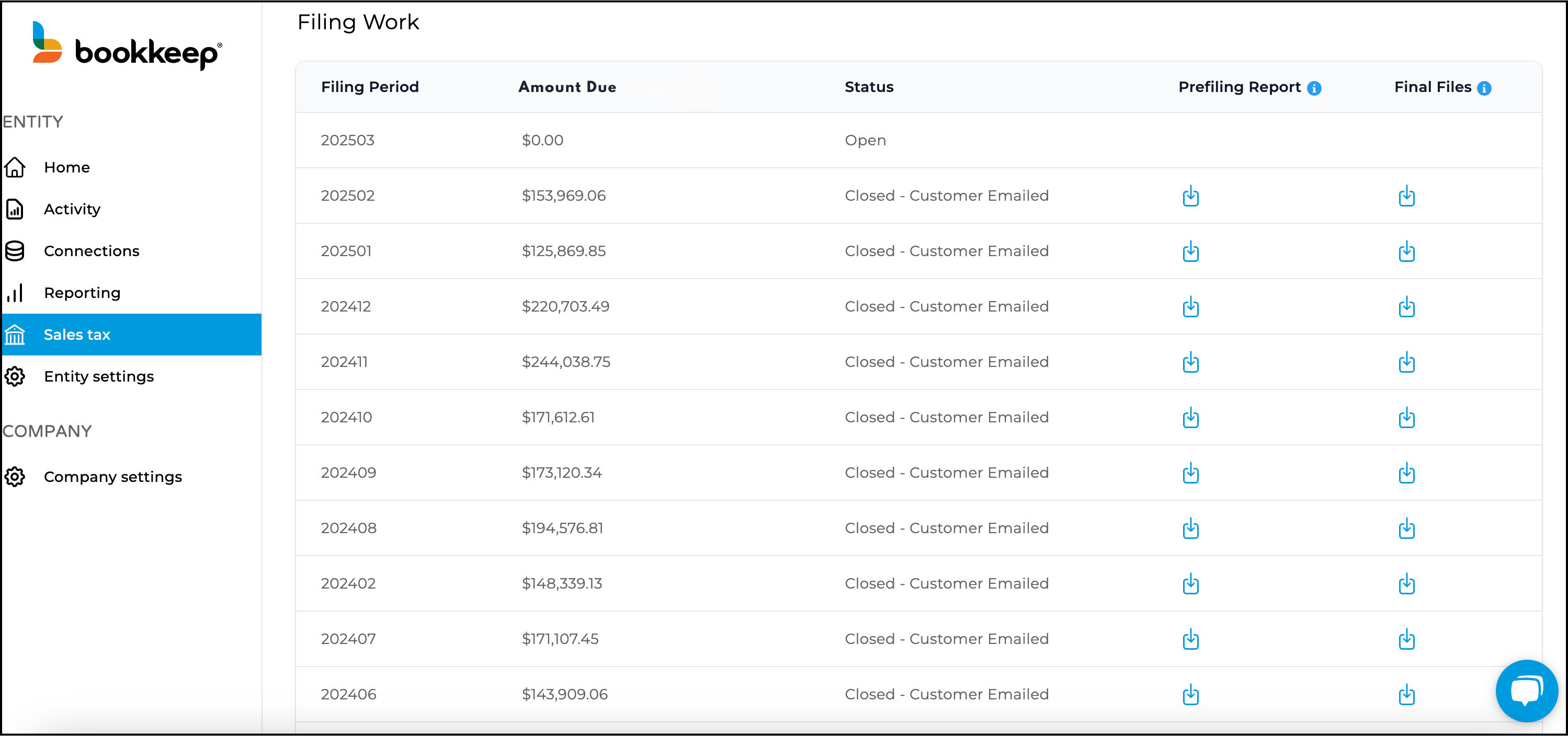
May 6, 2025
Accounting Automation: The Secret Weapon for Stress-Free Sales Tax Filings in Ecommerce and Retail
For ecommerce and retail brands, managing sales tax isn't just tedious—it’s a growing liability. With sales across multiple states, platforms, and tax jurisd...
Read More
Compliance & Legal
Accounting
Blogs

Blogs

September 18, 2024
Take Control of Your Books: Meet Our New Features for Shopify and Square Accounting Automation
As CFOs and accounting teams know, keeping books clean and accurate for Shopify and Square merchants can be a time-consuming, manual effort. Between reconcil...
Read More
No items found.
Blogs

Blogs

July 15, 2024
How to Avoid Double-Booking Revenues, when Using Shopify (or WooCommerce, or Amazon) and PayPal Together
Shopify and PayPal play so nicely together. Or, do they? The short answer is “Yes, they do”, but the longer more nuanced answer is that companies that use th...
Read More
No items found.
Blogs

Blogs

June 18, 2024
Bookkeep Opens New Office in Victoria, British Columbia To Better Serve Its Growing Canadian Customer Base
Brooklyn, NY (June 18, 2024) – Bookkeep, the leading revenue accounting and sales tax automation platform for unified commerce, today announced plans to open...
Read More
No items found.
Blogs

Blogs

June 15, 2024
Getting Shopify Sales Detail into QuickBooks Online: Best Practices to Strike the Right Balance
It's a given that in order to understand the business and to be able to make good business decisions, the business owner, CFO, or financial advisor needs dat...
Read More
No items found.
Blogs

Blogs

April 3, 2024
Are You Taking Advantage of Accounting Automation in your E-commerce, Retail, or Restaurant Business?
For busy e-commerce, retail and restaurant businesses (and the accounting teams that serve them), e-commerce and point-of-sale (POS) accounting automation is...
Read More
No items found.
Blogs

Blogs

November 6, 2023
Bookkeep Names Accounting Veteran Alison Ball as Vice President of Marketing and Communications
Former Intuit and Liscio Senior Leader Will Drive Strategy to Increase Awareness and Adoption Among Accountants and Bookkeepers for the Revenue & Sales Tax A...
Read More
No items found.
Blogs

Blogs
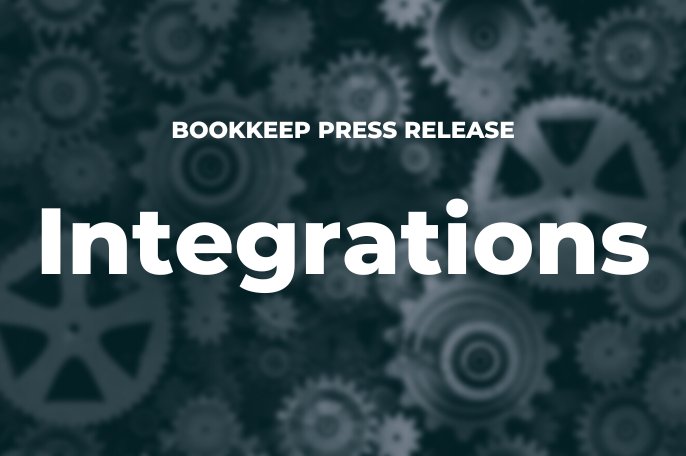
June 26, 2023
Bookkeep and Zoho Books Partner to Offer Revenue Automation to Its Growing Community of Accountants and Small Businesses
Additional Integrations with Clover, Toast and MindBody Strengthen Bookkeep’s Position As the Market Leader in Automated Ecommerce Accounting St. Louis, Mo. ...
Read More
No items found.
Blogs

Blogs

April 26, 2023
Specialization: A Solution for Reducing Burnout & Attrition Among Tax & Accounting Professionals
SUMMARY In this column for Thomson Reuters, Jason makes the case for why tax & accounting firms should consider switching to a specialization-focused service...
Read More
No items found.
Blogs

Blogs

March 1, 2023
Bookkeep Introduces New Sales Tax Automation To Provide Retailers Complete Revenue Accounting Services
The Bookkeep and DAVO by Avalara integration will enable clients to automatically set aside sales tax, file and make payments, eliminating tedious manual wor...
Read More
No items found.
Blogs

Blogs

June 7, 2022
Nearly Half of Accounting Firms Outsource CAS As Ecommerce Reconciliation Becomes More Complex
New Report by Bookkeep Reveals Manual Work Consumes 25% of Staff Time Every Month, Costing CAS Departments $8,900 On Average in Lost Staff Time; Enterprise F...
Read More
No items found.



